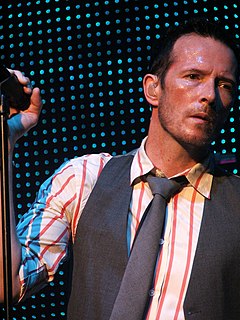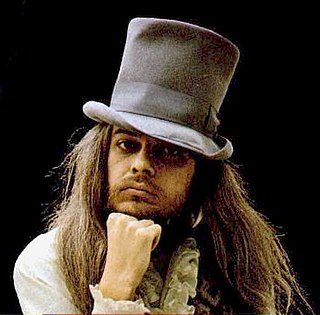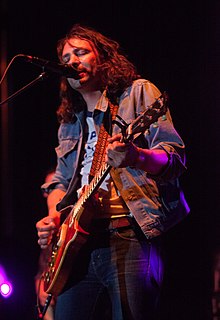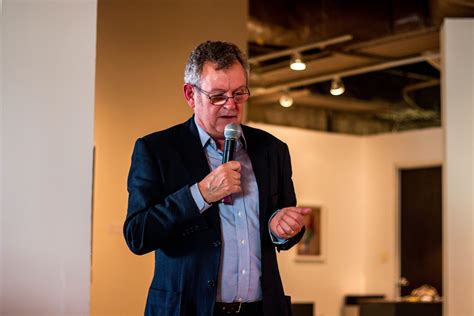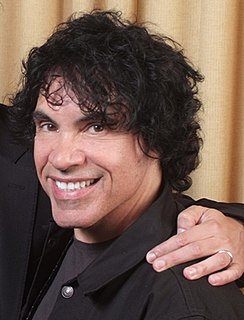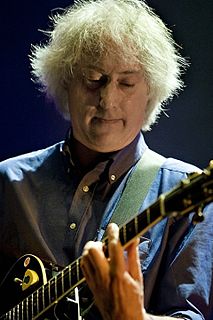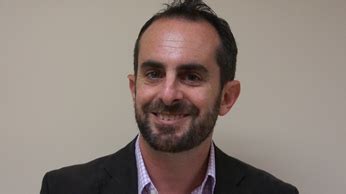A Quote by Scott Weiland
I listened to a lot of Bob Dylan songs to see how he works. I've gotten into writing story-songs.
Related Quotes
My favorite Bob Dylan record is the very first one where he sings one Bob Dylan song and the rest of them are his interpretations of the Dust Bowl-era folk songs, or even going back as far as the mass influx of people coming into the U.S. during the gold rush. His interpretations of those songs are incredible.
I don't care if it's a Cole Porter song, or George Gershwin, or Lennon/McCartney, or Elton John, or you know, whoever, Bob Dylan. Great songs are great songs, and they stand the test of time, and they can be interpreted and recorded with many points of view, but yet still retain the essence of what makes them good songs.
I'm also a big Bob Dylan fan. The songs on The Freewheelin' Bob Dylan - which is one of his best early albums - they grow out of some of his difficulties with Suze Rotolo, and "Hard Rain," people say it had to do with the Cuban missile crisis - probably not. He denied it. I believe him, but it certainly had to do with the time.
